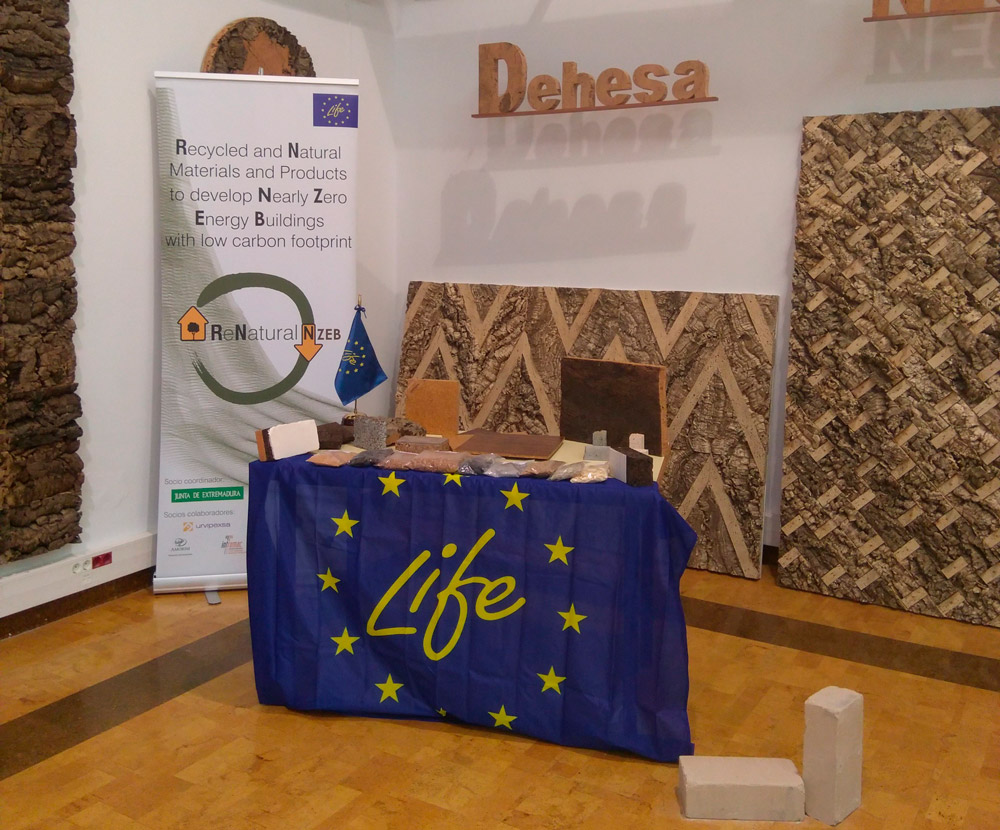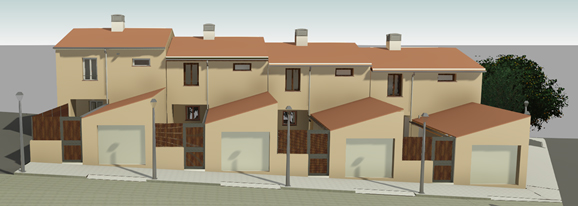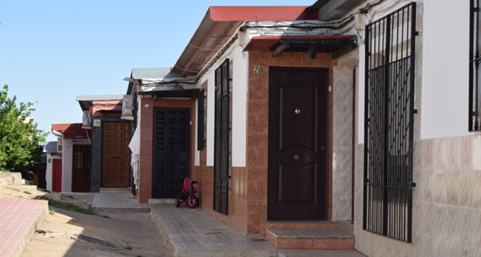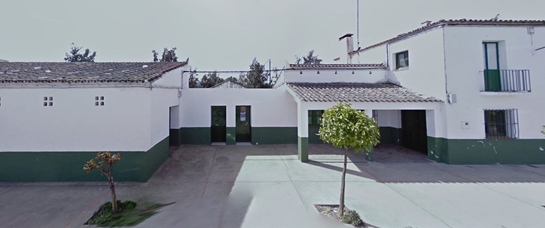
The LIFE programme is the EU’s funding instrument for the environment and climate action.

The LIFE ReNatural NZEB Project objectives are numerous and ambitious.
PROJECT OBJECTIVESThe Project scope is Spain and Portugal.
The Project will develop four demonstrators’ projects in new and existing buildings
From 01/09/2019 to 01/09/2021 (36 months)
The main objective of the Project is to develop Nearly Zero Energy Buildings with low carbon footprint, using recycled and natural materials and products.

Develop a construction model of Nearly Zero Energy Building with low carbon footprint, using green and circular economy criteria.
Introduce and promote sustainable construction materials and technologies with low market rate in Spain and Portugal.
Decrease the energy demand in buildings using envelopes made with recycled and natural materials.
Build prototypes in new and existing buildings with natural and recycled materials and technologies selected in the project.
Promote circular and green economy in construction sector using technologies with natural and local sources materials to enhance the regional economy and social opportunities in the regions participant in the project.

Construction of four new social housing in Ribera del Fresno (Badajoz).
SEE PROJECT
Rehabilitation of a block of 16 social housing in the San Lázaro, Mérida (Badajoz).
SEE PROJECT
Rehabilitation of 4 terraced social housing in Santa Engracia neighbouhood, Badajoz.
SEE PROJECT
Rehabilitation of a public building in La Bazana, a district of Jerez de los Caballeros (Badajoz).
SEE PROJECTThis section collects the project’s own material, monitoring data, monitoring of the process of construction and rehabilitation of the demonstrators and a library of documents related to nearly zero energy buildings, recycled and natural materials and products, and energy efficiency in buildings.

Material prepared and published during the development of the project.
SEE PUBLISHED MATERIAL
Monitoring of the construction process and demonstrator’s rehabilitation.
SEE TIMELAPSE